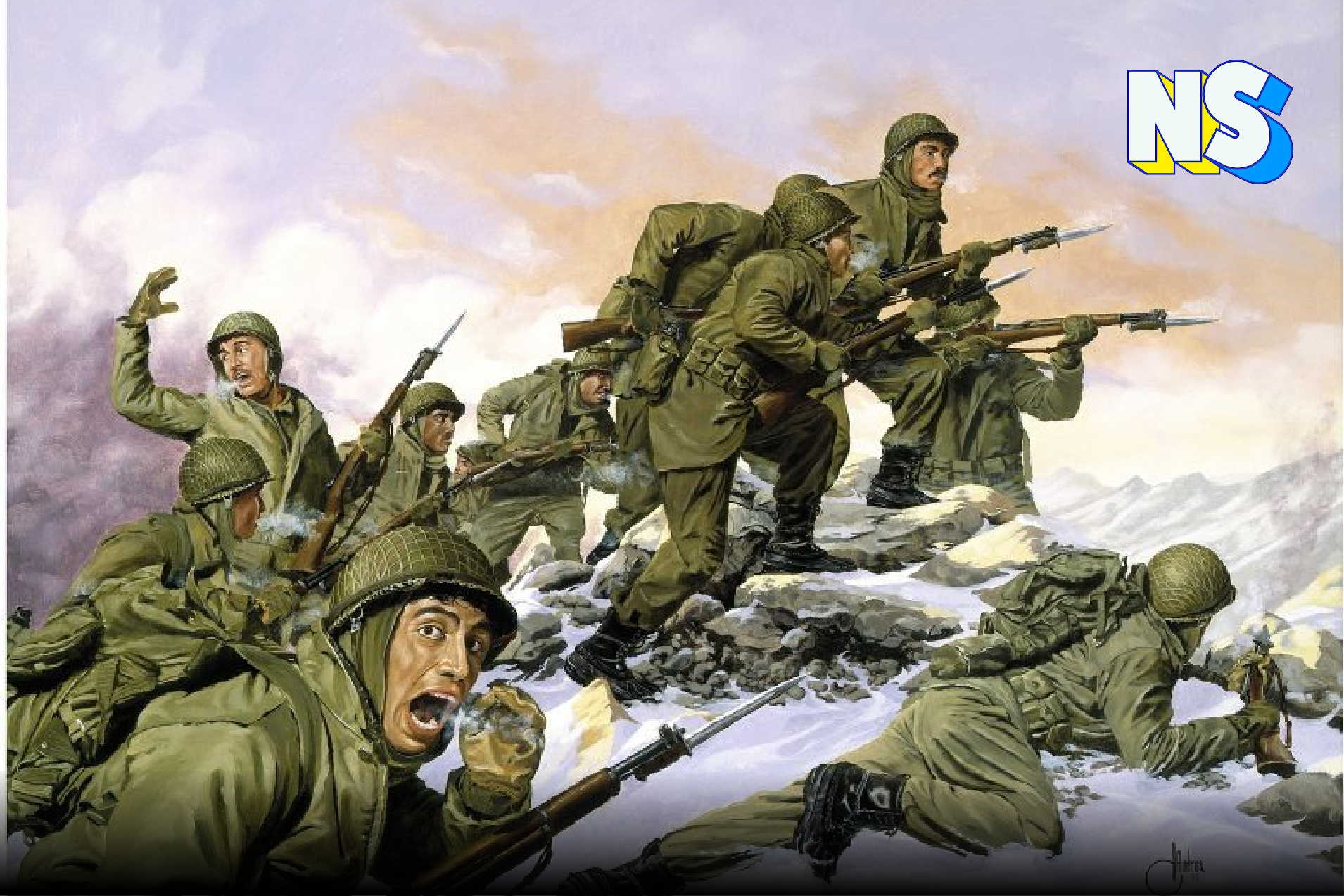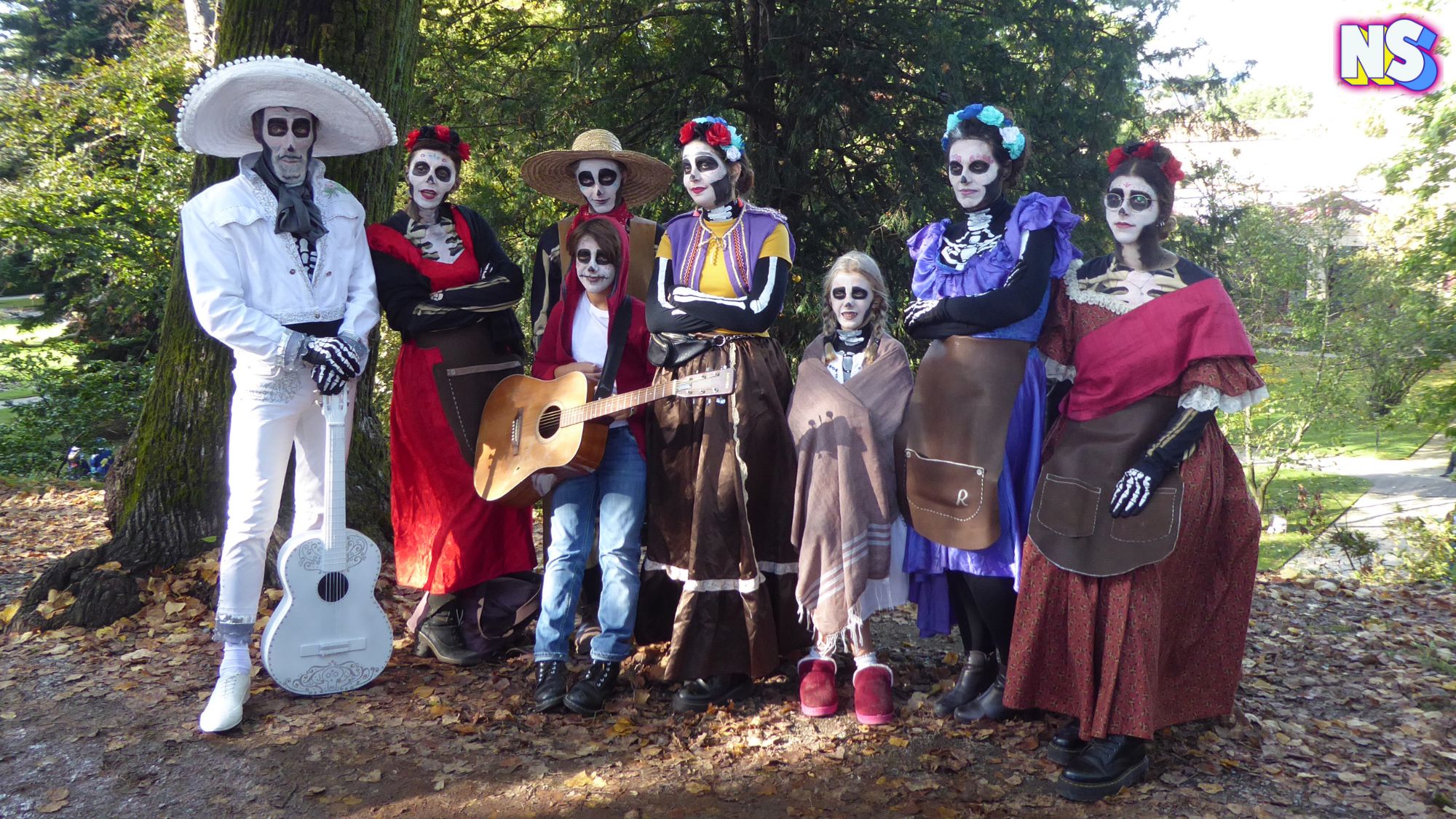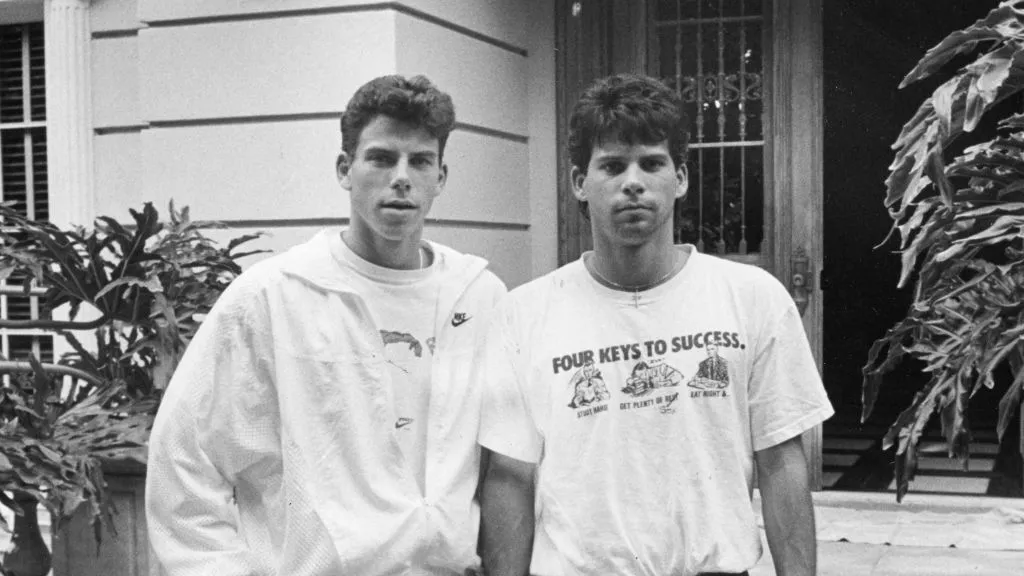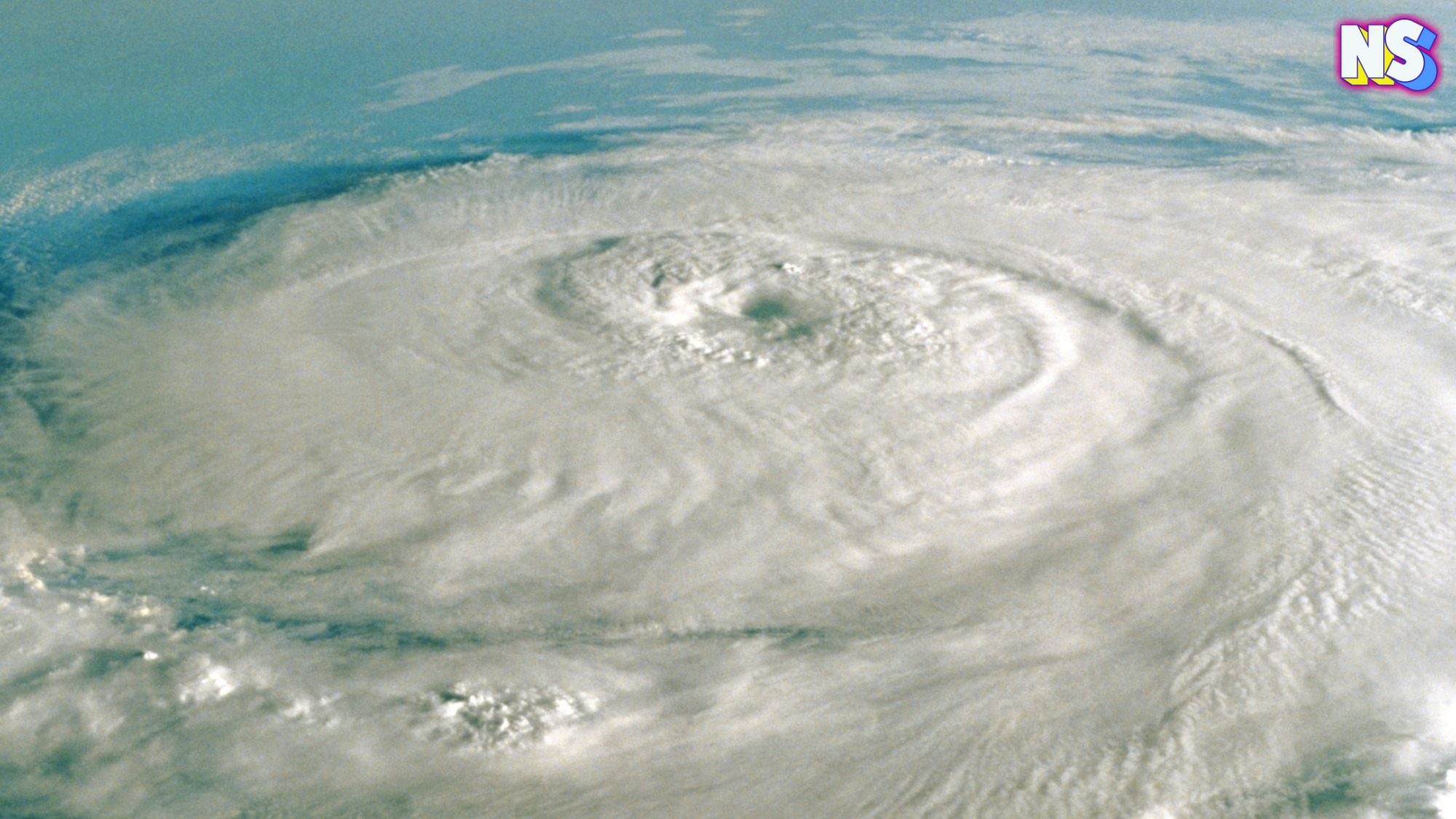Credit: Wiki Commons
“It’s a proud day for all those whose lives they saved and whose freedom they defended,” President Obama said at the 2014 White House ceremony awarding the Borinqueneers – who are Latino heroes – the Congressional Gold Medal.
“You’ve earned a hallowed place in our history.”
Who Were The Borinqueneers?
The word “borinqueneers” is a transliteration in Spanish and English of Boriken, the Taíno and original name for Puerto Rico. It is also the nickname for the 65th U.S. Infantry Regiment (known as "the Sixty-fifth" too.)
The Borinqueneers are known for having fought in the Korean War (1950-1953). However, the Puerto Rican regiment existed half a century earlier.
After losing the war in 1898, Spain ceded Puerto Rico, Cuba, and the Philippines to the United States. A year later, the U.S. Congress authorized voluntary conscription of infantry on the Caribbean Island.
In 1908, the unit created in Puerto Rico, now a regiment, officially became part of the U.S. Army. At first, it was known as the Puerto Rico Regiment. During World War I, the regiment did not participate in the European battlefields, instead, it was sent to protect the Panama Canal Zone.
In 1920, the unit's name was changed from the “Puerto Rico Regiment” to the “65th Infantry Regiment, U.S. Army.”
Unfortunately, the 65th (Borinqueneers) didn’t escape from racial prejudice. The Borinqueneers were victims of it during World War II; though they served in North Africa and Europe, they were never front-line troops. The combat roles followed the segregation rules of the time, which were supposed to be intended only for white troops.
Korean War: Fame And Glory
Executive Order 9981 signed in 1948 by President Harry Truman, which paved the way for the desegregation of the armed forces, influenced the decision to send Borinqueneers to fight in the Korean War in 1950.
The 65th Infantry Regiment's participation in the Korean War sparked a series of celebrations in Puerto Rico. The news covered the newspapers, with stories and photos of the soldiers. The regimental crest was painted on public buses and train cars.
The Borinqueneers became true celebrities, and those who returned wounded came as heroes. They lent themselves to promote local products, from non-alcoholic malt beverages to powdered milk.
Read more: This Adobe Church is Riddled with Latino Culture
Meanwhile in Korea, the 65th fought the Chinese People's Liberation Army at the Chosin Reservoir to safely evacuate the trapped U.S. Army 1st Battalion. By the end of the first year, the troop suffered an estimated 1,500 casualties while killing 15,787 enemy troops and taking over two thousand prisoners.
The Falling Of The Regiment
Although enthusiastic, the Borinqueneers did not have the necessary training to continue in battle, and speaking little English did not help. At that time, no sergeant was bilingual.
What would end up destroying troop morale, though, occurred in the fall of 1952. Chinese troops launched a major offensive against two Outpost Kelly and a month later against Jackson Heights, causing heavy Borinqueneers casualties.
After what happened at the Outpost Kelly, the Puerto Ricans suffered the consequences. Their rice and bean supplies were cut off, their nickname “Borinqueneers” were erased from the unit's vehicles, and not only that, they were ordered to shave off their mustaches until they could prove they were "real men" in battle.
They were treated like second-class citizens in the face of what seemed like a suicidal mission. It was then that dozens of soldiers began to leave. The army soon convicted them of disobedience. In December, all were dishonorably discharged. Sentences ranged from one to 16 years of confinement with hard labor.
What began as a celebration of a community ended with a bitter aftertaste. This event received no publicity, yet it sank into a distant and distorted memory.
The Boriqueneers are another example of how Latino history will prevail no matter what. Years later, the nation understands the significance of their contributions to the U.S. – and, hopefully, no one forgets their value ever again.
https://draft.nuestrostories.com//wp-content/uploads/2022/04/saac-Vallenilla-Nuestro-Stories-Writer-Image-218x300.png





